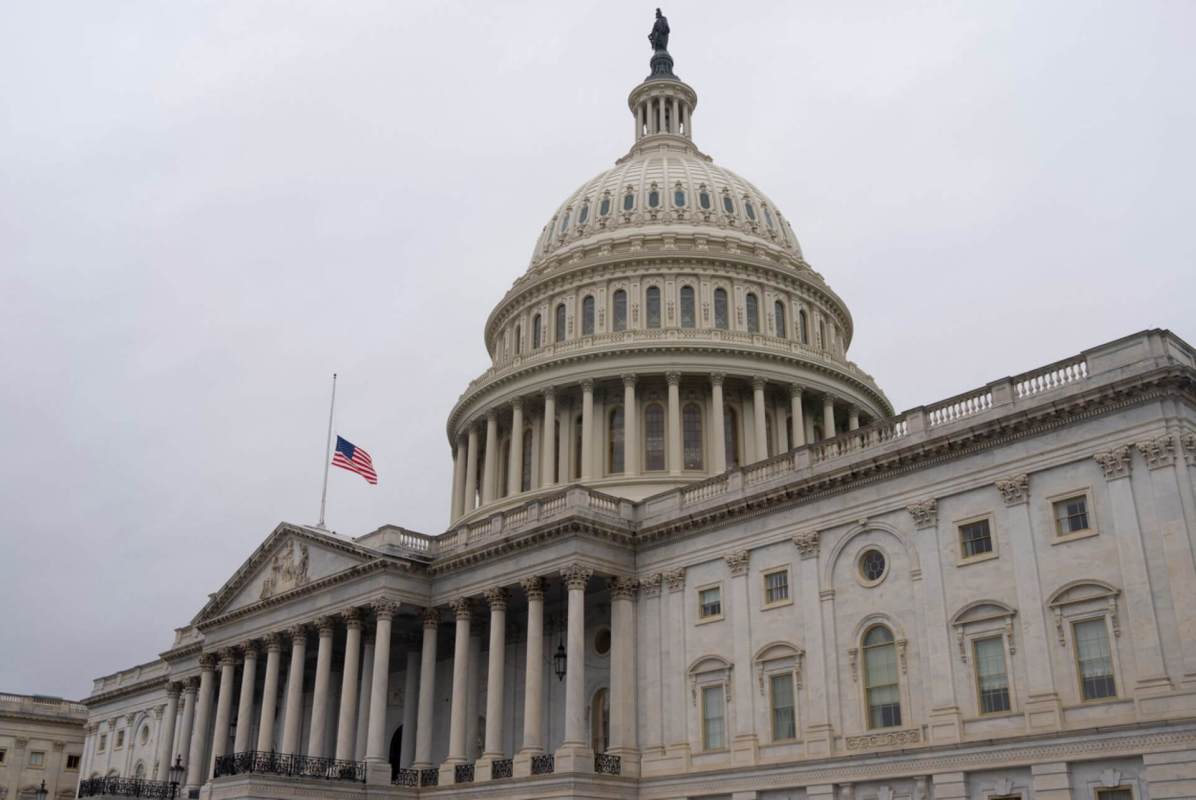The U.S. government is encouraging the takeup of electric vehicles among the country's citizens, and members of Congress are setting an example, with Politico reporting that at least 25 lawmakers are driving clean electric cars.
Tesla is a popular brand of choice, with Sens. Tom Carper and Mark Kelly and Rep. Alexandria Ocasio-Cortez among its customers.
Ocasio-Cortez has previously said she was looking to switch to a union-made vehicle, although they are difficult to come by. Nonetheless, her Tesla has the driving range needed to take her between Washington, D.C., and Queens, New York — and produces zero tailpipe pollution while making the journey.
Meanwhile, Sen. Sheldon Whitehouse has praised the Chevrolet Bolt, of which he owns two, according to Politico.
"It's a great car to drive," the Rhode Island lawmaker said, per the publication. "It's really fun."
Not all members of Congress are convinced, however. Missouri Sen. Josh Hawley said "absolutely not" when asked if he drives an EV, per Politico.
And of the 12 Senate co-sponsors of the latest version of the Green New Deal, which encourages investment in associated infrastructure and increased affordability of electric cars, Politico noted only Sen. Jeff Merkley owns an EV.
There's still some way to go to get full buy-in from U.S. lawmakers, but at least the policies introduced by the government are a step in the right direction.
When announcing the Biden Administration's proposals for more stringent pollution standards for cars and trucks in the U.S., the Environmental Protection Agency noted the policy would avoid 10 billion tons of carbon dioxide pollution — a figure said to be more than twice the country's output in 2022.
The move would reduce harmful air pollution that leads to respiratory and cardiovascular illnesses and premature death while avoiding the need for fuel, per the EPA. The policy would also help mitigate the planet-warming impact these gases have, which exacerbate extreme weather events like drought and flooding.
The Inflation Reduction Act is another major policy that supports the development of clean transportation in the U.S., introducing a tax incentive worth up to $7,500 for purchasing a plug-in or fuel cell model. That, in turn, has promoted investments from the private sector in battery manufacturers and domestic EV factories.
A report from Cox Automotive, summarized by Reuters, noted the EV market in the U.S. saw a 50% jump in 2023's third quarter compared to figures from the same period a year ago.
The appetite is obviously there, and that's true among the nation's lawmakers, too.
Join our free newsletter for cool news and actionable info that makes it easy to help yourself while helping the planet.









